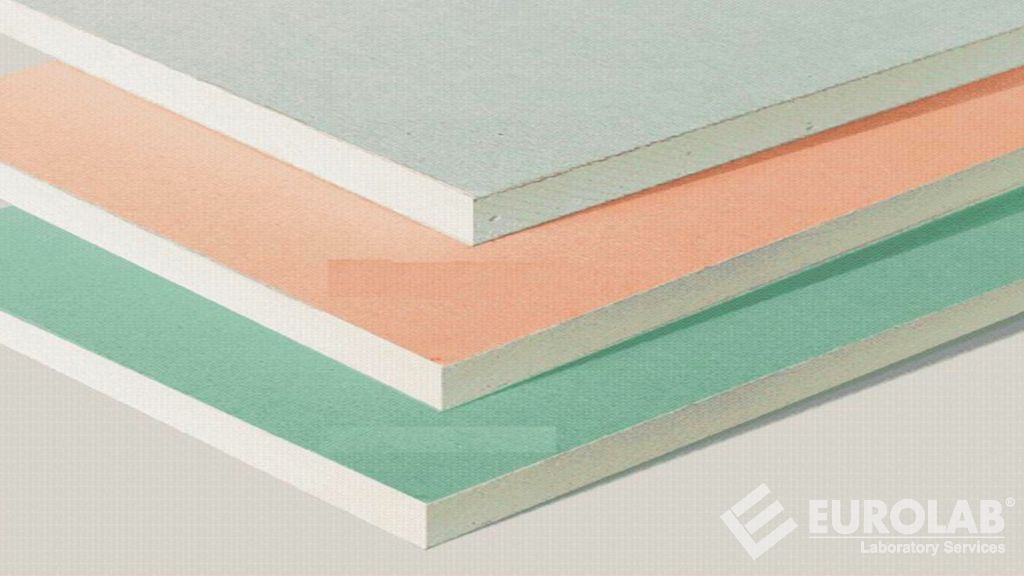


In the EN 14190 standard, which is a European standard, the properties and requirements of the products produced by reprocessing gypsum boards produced in accordance with EN 520, EN 15283-1 and EN 15283-2 standards are explained and test methods for determining the performance are defined.

Rework includes cutting, drilling, edge profiling, embellishing membranes for functional or decorative purposes, and adding fixings, including supports. Examples of rework operations are included in the standard annex (Annex B). These products are designed for use in wall, ceiling and floor applications where they can be fixed directly to the background, or in systems mounted with the structure to create separate or suspended coverings. Products can be customized during use to suit the intended application, providing a wide variety of aesthetic, functional and decorative solutions in modular or non-modular design.
EN 14190 standard does not cover gypsum board thermal or acoustic insulated composite panels according to EN 13950 standard and prefabricated gypsum board panels with cellular cardboard core according to EN 13915 standard.
Drywall sheets are the most common source of drywall recycling. Drywall is generally used as a ceiling or wall panel in buildings. However, although the option to recycle drywall is widely used, most boards end up being waste. The anaerobic degradation of gypsum is problematic as it produces harmful gases such as hydrogen sulfide. Also, the gypsum found in drywall breaks down the clay liners that waste management companies use to keep toxins from seeping into water systems. Special precautions must be taken in construction and demolition rubble storage areas to prevent these threats to human health, safety and the environment.
In this regard, gypsum recycling is an excellent solution to overcome disposal problems. By recycling gypsum, waste is reduced at the source, thus turning an environmental problem into a business opportunity. Gypsum recycling contributes to manufacturers' emission reductions. The company uses less energy when using recycled gypsum compared to raw gypsum.
Our organization also provides testing services for drywall products obtained from reprocessing within the scope of EN 14190 standard, with its trained and expert staff and advanced technological equipment, among the numerous test, measurement, analysis and evaluation studies it provides for businesses in various sectors.
